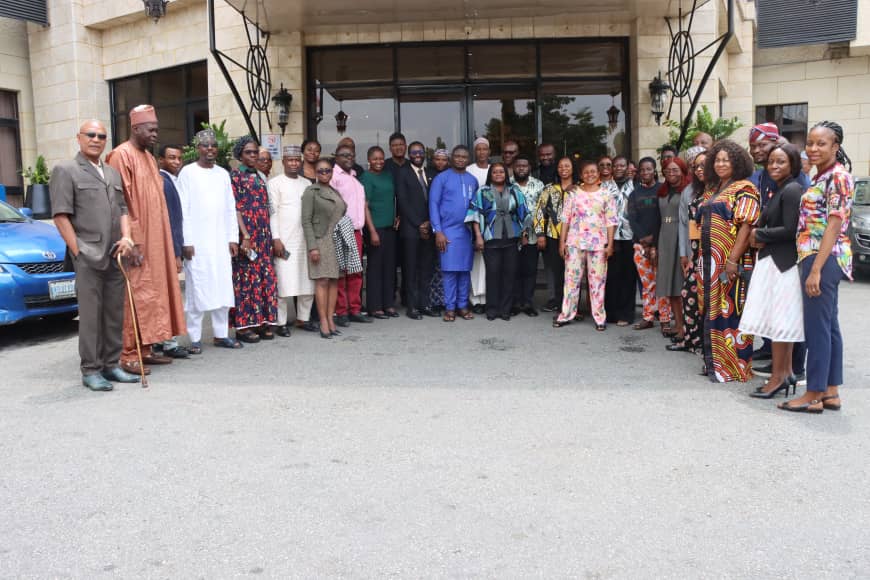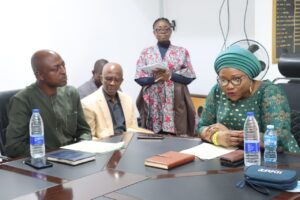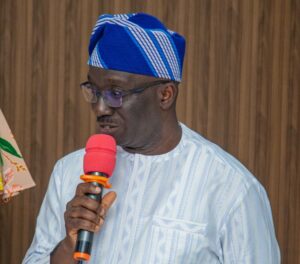
Chidimma Uchegbu
The Federal Ministry of Livestock Development has described media as a critical partner in achieving its short, medium and long-term goals, pledging close collaboration with journalists not only for media coverage.
Special Assistant to the Minister, Saleh Momale, speaking at a two-day workshop on the ‘Role of Conflicts-Sensitive Communication in the Development of the Livestock Industry in Nigeria’ held in Abuja, restated the ministry’s vision of building a resilient, sustainable, and globally competitive industry that drives economic growth, ensures food security, and improves livelihoods.
According to him, the transformation agenda of the ministry will focus on healthy herds, modern management practices, expanded processing, improved quality and packaging, and the adoption of organic production standards where possible. It also seeks to position Nigeria under a distinctive “Bred in Nigeria” brand.
He also outlined the ministry ‘s mandate, strategic priority, and communication challenges.
The strategy emphasises collaboration with industry players to co-invest in public good capabilities such as vaccination, while enabling private enterprises to develop systems that enhance productivity and profitability.
The ministry identified three key pillars for growth: productivity boosting, market access and ecosystem building, and cross-cutting support. These, it said, will strengthen value chains, expand exports, and improve Nigeria’s competitiveness in the global livestock market.
According to the ministry, full adoption of the programmes — with active participation from Nigerians, regional bodies, and international partners — will drive a sustainable and inclusive livestock sector.
“The Ministry is optimistic that if these strategies are implemented to the fullest, with broad participation from all stakeholders, we will have an informed and progressive livestock industry that the country will be proud of,” it stated.
The ministry also presented a target to raise the sector ‘s contribution to Nigeria ‘s Gross Domestic Product (GDP) from £32 billion to £74 billion by 2035.





Join the Conversation